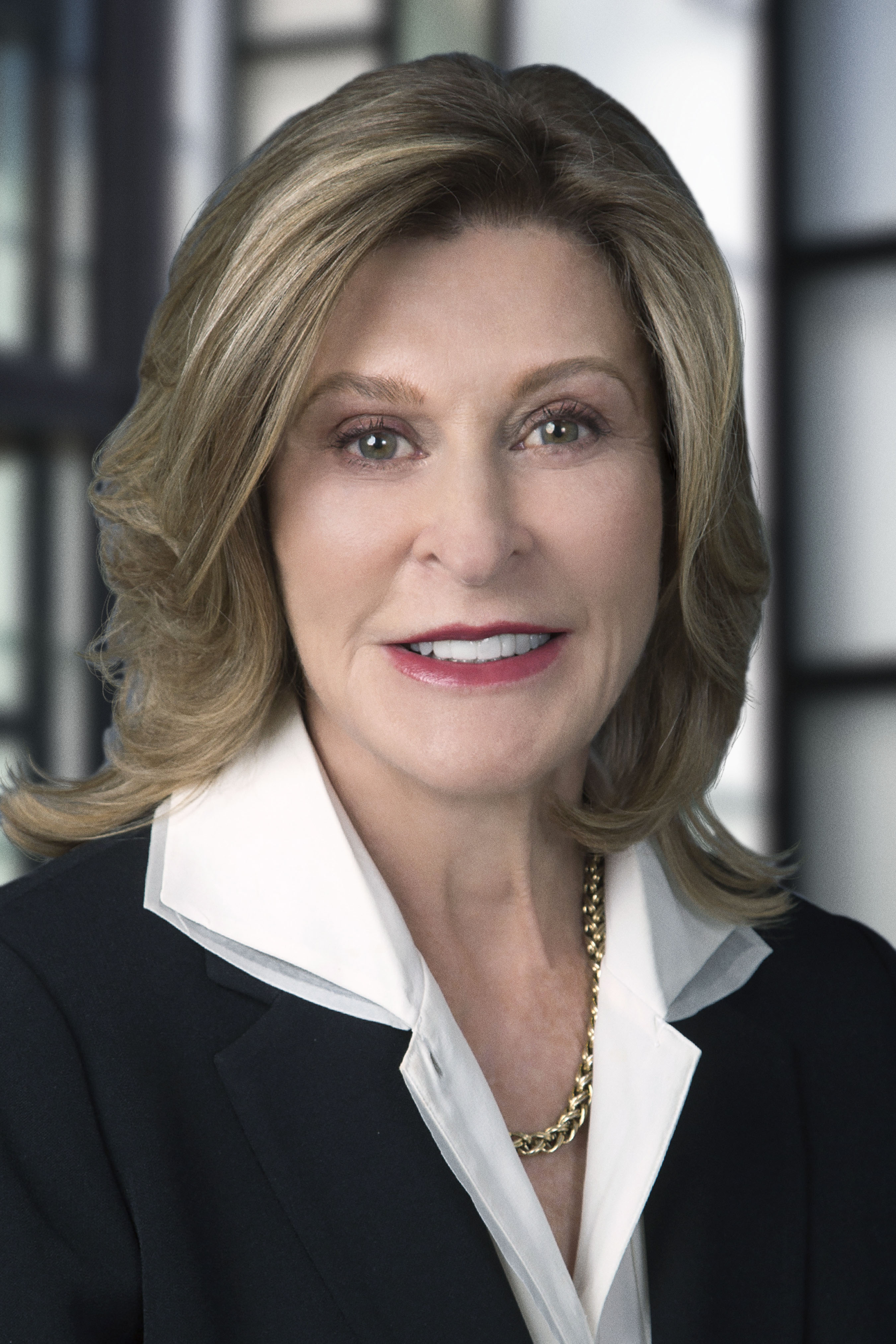OFAC Issues Warning on Practices That Could Result in Evasion of Price Cap on Russian Crude Oil

Washington, D.C. (April 28, 2023) – The U.S. Department of the Treasury’s Office of Foreign Assets Control (OFAC) administers and enforces sanctions. OFAC issued a new advisory on April 17, 2023 warning U.S. citizens and entities (U.S. Parties) of practices that could result in evasion of the price cap on crude oil originating from Russia. OFAC issued the advisory because of several incidents involving oil exported through the Eastern Siberia Pacific Ocean (ESPO) pipeline and ports on Russia’s eastern coast.
U.S. Parties are allowed to provide “covered services” related to the maritime transport of Russian oil if the oil was purchased at or below the OFAC price cap. (See Lewis Brisbois’ alert from January 11, 2023.) Pursuant to Executive Order 14071, OFAC issued determinations for Russian crude and petroleum products to implement the price cap policy. U.S. Parties are both obligated to avoid evasive practices and report any such practices immediately to OFAC.
OFAC notes that crude oil from ESPO, as well as other crudes exported through Kozimo and other ports, are trading above the price cap using covered services that may have been procured using fraud, including false documentation. As such, U.S. Parties might not even be aware of the OFAC sanctions violations. Indeed, maritime intelligence services have confirmed that some tankers are utilizing a practice called “spoofing,” where they modify their Automatic Identification Systems (AIS) to disguise whether they have been at Kozimo, ESPO, or other Russian eastern coastline locations. Spoofing can also be employed to hide ship-to-ship transfers used to falsify the origin of the crude oil.
OFAC Compliance Recommendations
OFAC asks U.S. service providers, including ship owners, protection and indemnity clubs, and flagging registries, to be wary of evasion tactics, particularly from the ports and locations reported to be evading sanctions. OFAC asks the U.S. Parties to widely disseminate the alert and use maritime intelligence services to detect AIS manipulation.
Commodities brokers and oil dealers have been asked to carefully review and itemize shipping costs. Shipping, freight, customs, and insurance costs are not included in the price caps, and if costs are not itemized, it is easier to disguise the fact that Russian oil was purchased above the price cap.
Some U.S. Parties, which have access to pricing information, are afforded a safe harbor from sanctions if they retain documents that prove that the crude in question is purchased at or below the cap. Relevant documents include invoices, contracts, and receipts/proof of payment, and do not require pricing information to support the safe harbor. Shipping, freight, customs, and insurance costs, on the other hand, must be invoiced separately from the purchase price of the crude and must be at commercially reasonable rates. If proper documentation is missing, or if there is a refusal to provide it, OFAC believes that those are red flags that show likely evasion and non-compliance that must be reported.
OFAC stresses that U.S. Parties refer to and use the guidelines and practices in the OFAC Guidance on Implementation of the Price Cap Policy for Crude Oil and Petroleum Products of Russian Federation Origin.
Lewis Brisbois’ attorneys are actively engaged in the wide range of legal issues in this area and are advising clients on managing legal and business risk as events continue to develop at an accelerated pace. For more information, contact the authors or editors of this alert. Visit our Ukraine Conflict Response Practice page for additional alerts.
Author:
Rafael X. Zahralddin, Partner
Editors:
Jane C. Luxton, Managing Partner - Washington, D.C.
Andrew Pidgirsky, Partner


